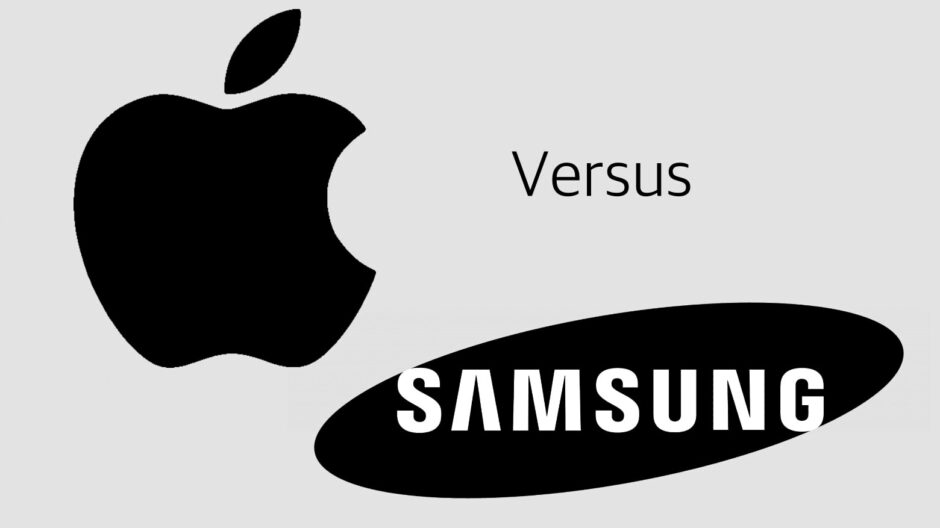Samsung copies one of iPhone’s biggest advantages

Debates over the relative merits of iOS versus Android can go on forever, but there’s always been one area where Apple was way ahead: offering years of operating system upgrades.
Not anymore. Samsung committed itself Wednesday to releasing four generations of Android OS updates for its high-end smartphones. And for its tablets, too.
Samsung and Android updates
Someone who buys an iPhone can confidently expect five years of iOS updates. As proof, the current iOS 15 can be installed on the iPhone 6S Plus, a handset more than 6 years old. This gives users access to the latest features and improvements.
No Android device offers anything comparable. Google’s own handsets get only three years of Android updates.
But Samsung stepped up its game. With Wednesday’s announcement of its new smartphones, the company said, “The entire Galaxy S22 series will be supported by up to four generations of Android OS upgrades.”
Samsung promises the years of ‘no update for you!’ are over
Samsung has been moving in this direction for a while. In 2021, it committed itself to three years of Android updates for many of its models.
The latest pledge extends that offer to four years … for certain high-end models. Besides the S22 series, also included are the S21 series, Z Fold3 and Z Flip3.
Apple doesn’t restrict its more-generous upgrades to iPhone, either. iPad users also can expect about five years of iPadOS updates. (Samsung extended the four-year Android upgrade offer to its just-released Tab S8 series of tablets.)
Android updates are complicated
There’s one iPhone benefit Samsung is unlikely to be able to match: immediate access to OS upgrades. When Apple releases a new version of iOS, every compatible iPhone owner can install it right then, no matter where they live.
In contrast, Samsung had to warn its users that “availability and timing of Android OS upgrades and features may vary by device model and market.” So, a Galaxy S22 user might get an update to the Android version released in 2026 … eventually.
That’s because Google just produces generic versions of Android. Other Android device-makers make special modifications to the operating system for their specific handsets. This process generally takes months.
Many companies don’t even bother. That’s why it’s such a big deal that Samsung committed to four years of updates, even if it’s for a limited number of devices. It hasn’t been that long since Galaxy buyers could count on just one major Android update. Or none.
So many Androids left behind
Nothing makes the iPhone’s easy access to operating system updates clearer than how many devices are currently running 2021’s iOS 15 or its updates. It is on about 75% of all Apple handsets in use.
Adoption of new versions of Android remains much slower. It took about a year for Android 11 to get onto a quarter of compatible handsets. It’s not that people don’t want the update — for most users, it’s simply not available for their device.
Source: Samsung


